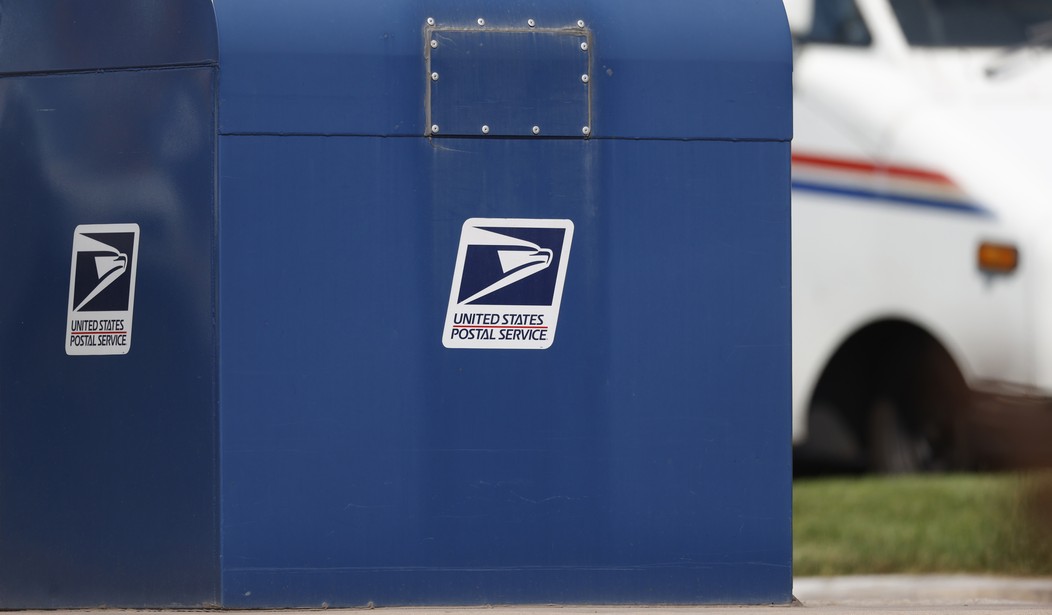The U.S. Postal Service (USPS) can’t stop spying on Americans. The struggling agency’s snooping activities first came to light in 2021 when Yahoo! News reported that the USPS runs an investigation unit known as the Internet Covert Operations Program (iCOP; since renamed the “Analytics Team”). The program “involves having analysts trawl through social media sites to look for what the document describes as ‘inflammatory’ postings and then sharing that information across government agencies.” According to recent watchdog reporting, the scope of surveillance is even larger than previously reported. A recent report by the USPS Inspector General (IG) finds that the agency has 10,000 pieces of law enforcement surveillance equipment valued at over $65 million. And, even more alarmingly, the agency is having trouble accounting for this equipment. It’s time for the USPS to stop snooping and start delivering for taxpayers and consumers.
Following a surge in mail-related theft, policymakers and concerned consumers have called on the USPS to patrol routes and secure collection boxes. The agency seems to have other priorities. According to the IG report, the USPS has spent a significant sum on electronic surveillance equipment, defined as, “equipment that typically records sensitive data such as location, voice, phone numbers, and call log details.” The report then delves into more details about how postal inspectors may use this equipment. But, this information is predictably redacted from the public. First and foremost, the public ought to know why the USPS needs phone numbers and call log details.
Ironically, while the USPS is keeping track of Americans, the agency cannot be trusted to keep track of the surveillance equipment it is using to spy on Americans. The IG identified, “134 of 404 (33 percent) pieces of electronic surveillance equipment and 464 of 1,238 (37 percent) pieces of technical surveillance equipment that...were either recorded with errors or were not recorded in the inventory management system.” Further, policies and procedures around equipment use have not been updated, increasing the risk that employees will abuse surveillance resources.
Recommended
The USPS’ surveillance missteps fit into a larger and troublesome pattern for the agency. The USPS has shown no sign of giving up on social media snooping despite questions and scrutiny from lawmakers. And, in 2022, NBC News reported that the USPS is facing legal scrutiny for “seizing shipments of Black Lives Matter masks intended to protect demonstrators from Covid-19 during protests following the May 2020 murder of George Floyd.” These (and other items) were seized because of the external physical characteristics of the parcels, leading to the possibility that agency employees will jump the gun and open packages based on the mere suspicion of counterfeit postage. That’s a lot of power in the hands of an agency with a track record of disregarding Americans’ privacy and political beliefs.
For an agency that disdains privacy, the USPS sure loves keeping its own secrets under lock-and-seal and resisting any push toward transparency. In fiscal year 2023, the USPS received an astounding 4,104 requests for information, rejecting the vast majority of them. In fact, the agency only issued 447 full responses and partially responded to an additional 749 requests. Nearly 3,000 requests, or about 70 percent of FOIA submissions to the agency, were completely rejected by the agency. If the USPS held state secrets akin to the CIA, such a high rejection rate might be warranted. The agency might like to think it’s a spying agency, but as long as its core mission is delivering the mail, it needs to be more upfront with the American people.
The USPS should focus its law enforcement spending on fighting mail theft instead of spying on law-abiding citizens. For example, Postal Police Officers can and should be deployed to protect mail carriers on their routes and safeguard collection boxes. Members of Congress have already pressed postal leadership on this issue, but the result has been less than encouraging. During a May 2023 House Oversight and Accountability subcommittee hearing, Rep. Jamie B. Raskin (D-Md.) asked Postmaster General DeJoy whether the USPS has, “continued to prevent Postal Police Officers from doing their jobs…by traveling to wherever the problem is taking place?” DeJoy responded baselessly that he doesn’t have the authority to deploy the 700-strong police force to high-crime areas because of laws on the books.
Until the USPS prioritizes fighting crime over snooping on Americans, taxpayers and consumers cannot place their trust in the troubling agency. America’s mail carrier makes for a lousy CIA.
David Williams is the President of the Taxpayers Protection Alliance.

























Join the conversation as a VIP Member